Introduction
Environmental protection has become a top priority in a fast changing society. The delicate balance of nature is increasingly threatened by human activities, calling for urgent action to protect and preserve our planet’s natural resources. This article delves into the significance of preserving nature and explores various strategies to safeguard our environment for future generations.
Table of Contents
- Introduction
- Understanding Environmental Conservation
- Human Impact on the Environment
- The Benefits of Preserving Nature’s Zone
- Strategies for Environmental Conservation
- The Role of Governments and NGOs
- Individual Actions for Environmental Conservation
- Challenges in Environmental Conservation
- Overcoming the Challenges
- Success Stories in Environmental Conservation
- The Future of Environmental Conservation
- Conclusion
- FAQs (Frequently Asked Questions)
- How does environmental conservation benefit society?
- What can I do as an individual to contribute to environmental conservation?
- How do governments contribute to environmental conservation?
- Can technology play a role in environmental conservation?
- Why is preserving biodiversity essential for environmental conservation?
Understanding Environmental Conservation
Defining Environmental Conservation
Environmental conservation refers to the conscious effort of preserving and safeguarding natural resources, ecosystems, and biodiversity. It involves a comprehensive approach to manage human activities and their impact on the environment, ensuring sustainable development for current and future generations.
The Importance of Preserving Nature’s Zone
The Earth’s environment encompasses a delicate web of interconnected ecosystems that support life in all its forms. Preserving nature’s zone is essential for maintaining this intricate balance and preventing irreversible damage caused by human intervention.
Human Impact on the Environment
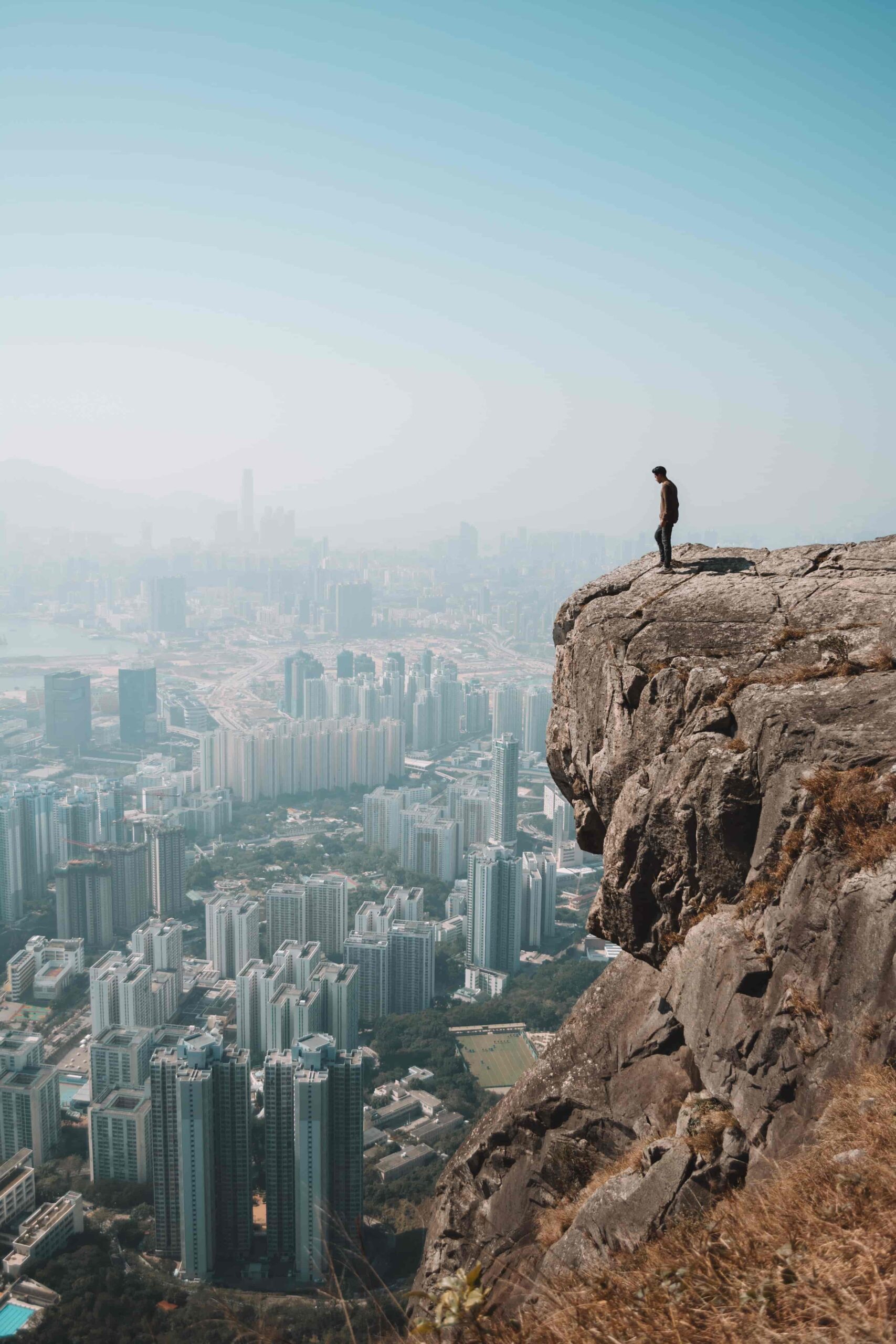
Depletion of Natural Resources
The unchecked exploitation of natural resources, such as fossil fuels, minerals, and forests, has led to their depletion at an alarming rate. This threatens not only the environment but also the availability of essential resources for future generations.
Pollution and Climate Change
Industrialization and modern lifestyles have contributed to the emission of greenhouse gases and pollutants, leading to climate change and global warming. The resulting extreme weather events and rising sea levels pose significant threats to both human and animal habitats.
Loss of Biodiversity
Human actions such as deforestation and habitat degradation have resulted in a major loss of biodiversity. This loss of plant and animal species disrupts ecosystems and weakens the planet’s ability to adapt to environmental changes.
The Benefits of Preserving Nature’s Zone
Ecological Balance
Preserving nature’s zone plays a vital role in maintaining ecological balance. By protecting natural habitats and preserving biodiversity, it ensures that all species coexist harmoniously, contributing to a healthier and more resilient ecosystem.
Sustainable Development
Conservation methods encourage sustainable development, which satisfies the requirements of the present without compromising future generations’ capacity to meet their own needs. Sustainable practices ensure that resources are used wisely and responsibly for preserving nature.
Enhancing Human Health
A clean and healthy environment is directly linked to human well-being. Conservation efforts lead to cleaner air and water, reduced exposure to harmful chemicals, and an overall improvement in public health.
Strategies for Environmental Conservation
Conservation of Forests and Wetlands
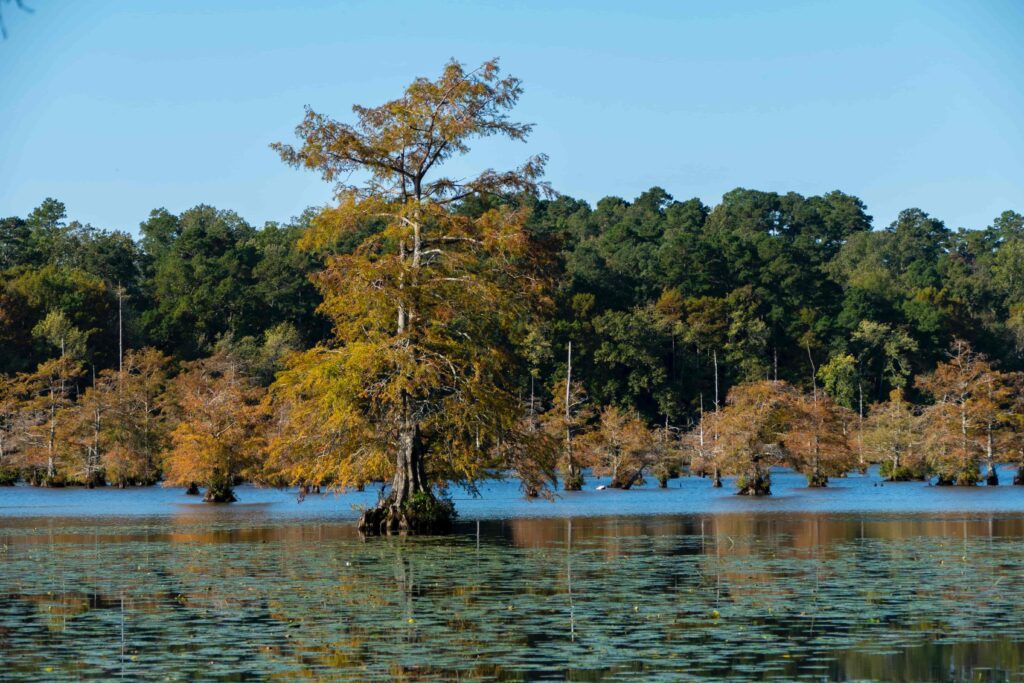
Forests and wetlands are crucial ecosystems that provide numerous ecological benefits. Protecting these habitats helps mitigate climate change, preserve biodiversity, and safeguard essential water resources.
Promoting Renewable Energy Sources
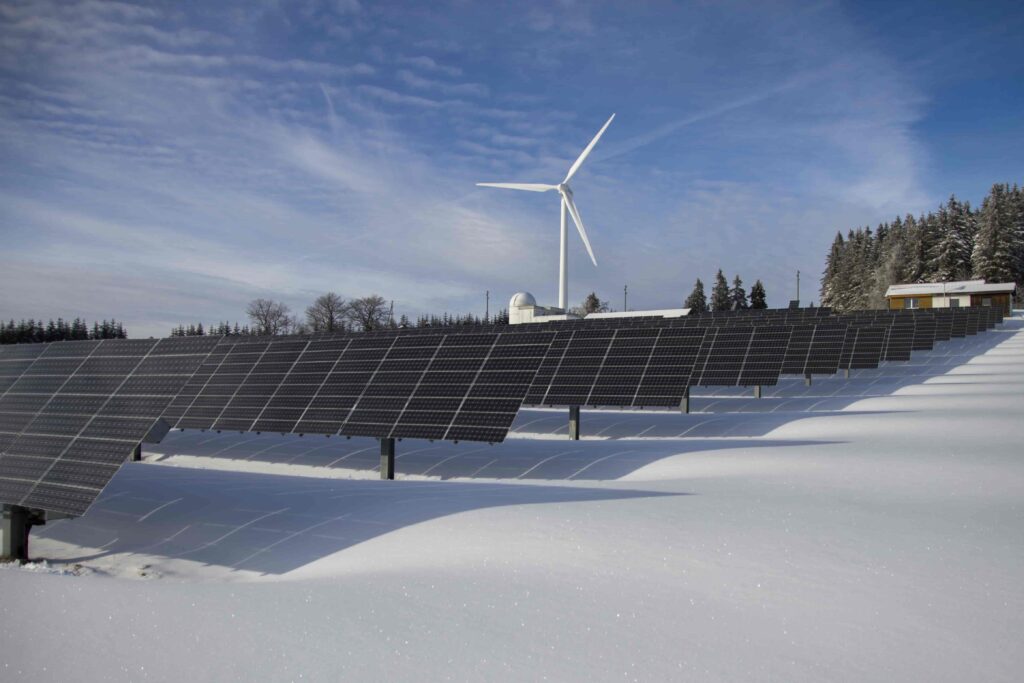
Transitioning from fossil fuels to renewable energy sources like solar, wind, and hydropower is vital for reducing greenhouse gas emissions and curbing the impact of climate change.
Sustainable Agriculture Practices

Adopting sustainable agricultural techniques, such as organic farming and agroforestry, helps to protect the environment while also providing food security for the world’s rising population.
Responsible Consumption and Waste Management

Encouraging responsible consumption and effective waste management reduces the burden on natural resources and minimizes pollution.
The Role of Governments and NGOs
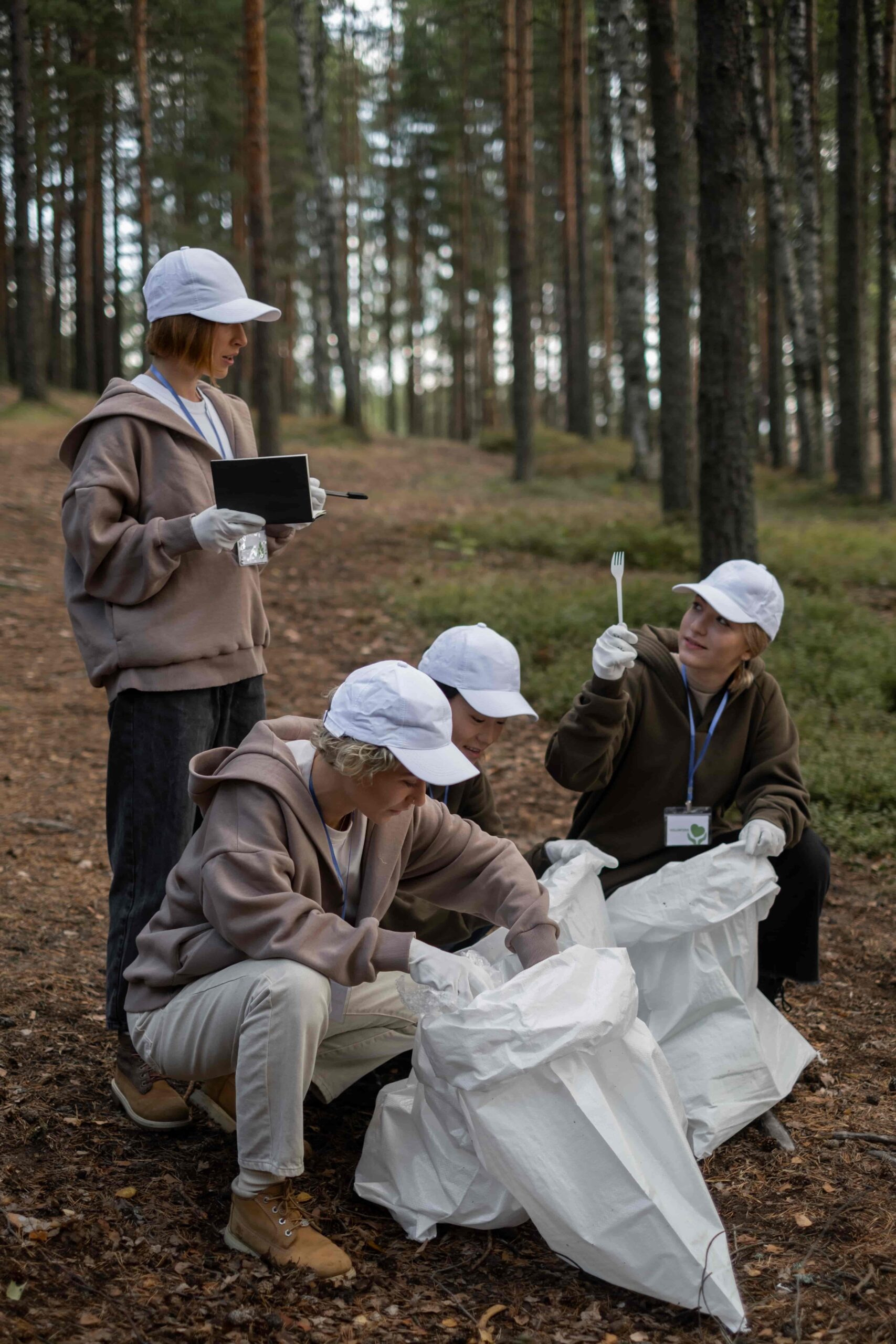
Implementing Environmental Policies
Governments play a crucial role in preserving nature by enacting and enforcing environmental policies and regulations to protect the environment.
Advocacy and Awareness Campaigns
NGOs play a critical role in raising environmental awareness and advocating for legislative changes for preserving nature.
Funding Conservation Initiatives
Governments, private organizations, and individuals must contribute financial support to fund critical conservation initiatives.
Individual Actions for Environmental Conservation

Reduce, Reuse, Recycle
Individuals can adopt the mantra of “reduce, reuse, recycle” to minimize waste and conserve resources.
Adopting Eco-friendly Habits
Simple lifestyle changes, such as using energy-efficient appliances and opting for public transportation, can significantly reduce carbon footprints.
Supporting Eco-conscious Businesses
Consumers can support businesses that prioritize sustainable practices and environmental conservation.
Challenges in Environmental Conservation
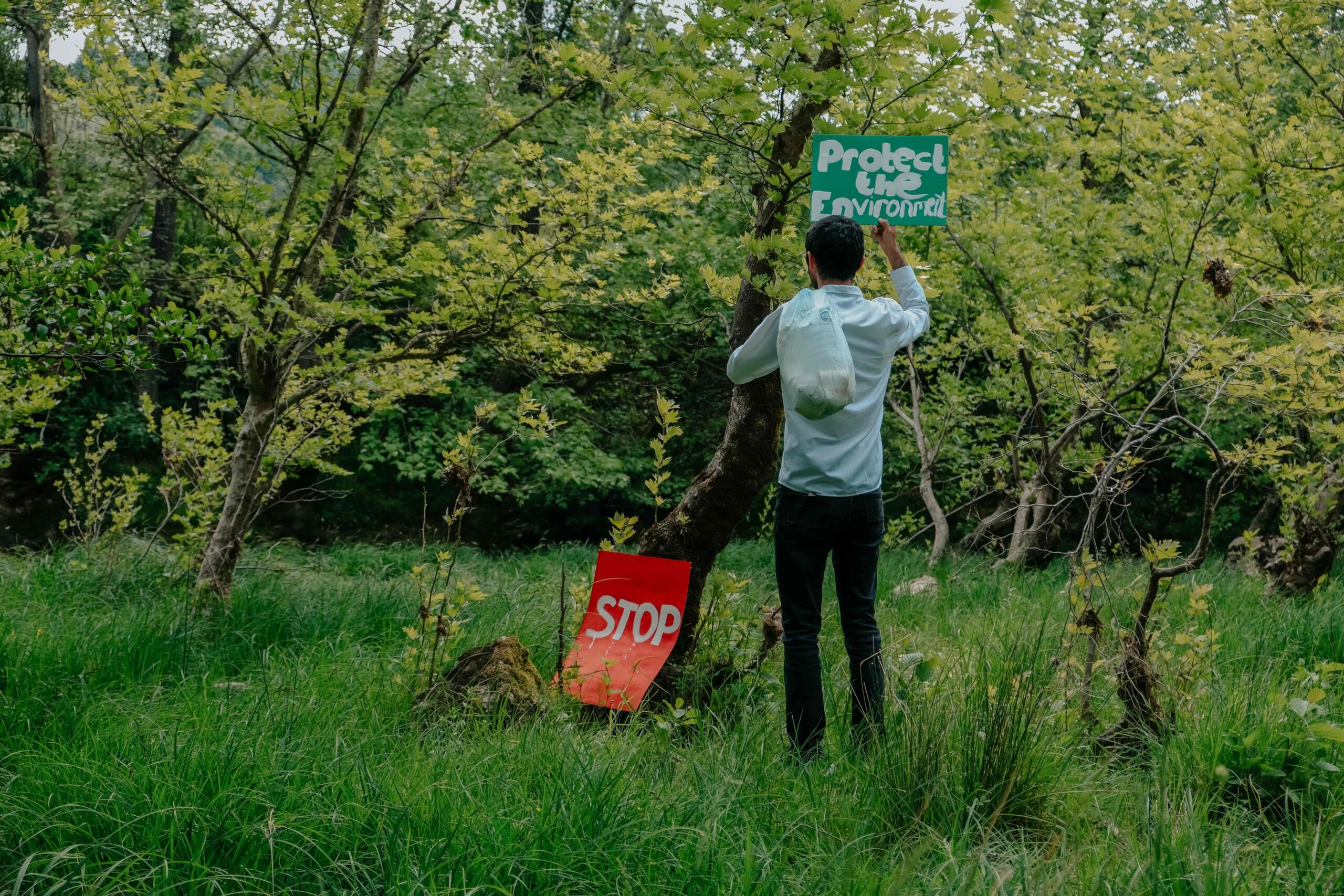
Economic Pressures
Balancing economic growth with environmental protection poses challenges due to competing interests.
Political Barriers
Political obstacles and conflicting priorities often hinder the implementation of effective conservation measures.
Lack of Global Cooperation
Preserving Nature requires global cooperation, and the lack of unified action can impede progress.
Overcoming the Challenges
Promoting Green Technologies
Investing in and promoting green technologies can drive sustainable development without compromising economic growth.
Fostering International Collaboration
Countries must collaborate and share knowledge to tackle environmental issues on a global scale effectively.
Incentivizing Conservation Efforts
Offering incentives and rewards for conservation practices can motivate individuals and businesses to actively participate for Preserving Nature.
Success Stories in Environmental Conservation
The Great Barrier Reef Conservation
Efforts to protect and restore the Great Barrier Reef have resulted in positive outcomes for marine biodiversity.
Reforestation in the Amazon Rainforest
Initiatives focusing on reforestation in the Amazon Rainforest have made progress in combating deforestation.
Ozone Layer Protection
Global efforts to phase out ozone-depleting substances have led to the gradual recovery of the ozone layer.
The Future of Environmental Conservation
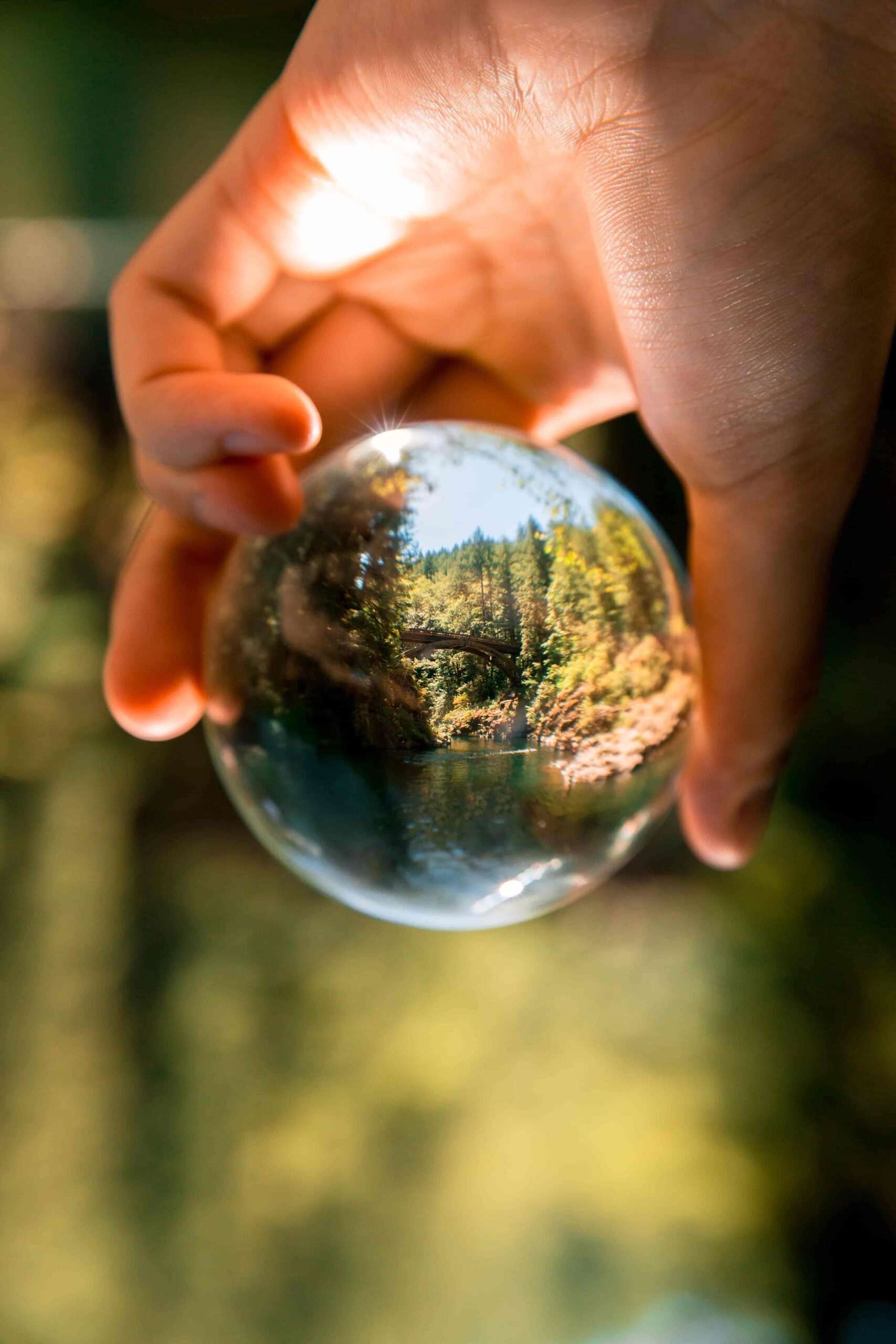
Embracing Sustainable Practices
The future hinges on embracing sustainable practices in all aspects of human activity.
Harnessing Technology for Conservation
Advancements in technology can revolutionize conservation efforts, providing innovative solutions to environmental challenges.
Empowering the Next Generation
Educating and empowering the youth to become environmental stewards is vital for the long-term success of conservation.
Conclusion
Environmental conservation is not a choice but an imperative for the survival of our planet and its inhabitants. Each individual, organization, and government must play their part in preserving nature’s zone for a sustainable future.
FAQs (Frequently Asked Questions)
How does environmental conservation benefit society?
Environmental conservation benefits society by ensuring a healthy environment, clean air, water, and a stable climate, leading to improved public health and well-being.
What can I do as an individual to contribute to environmental conservation?
As an individual, you can make a difference by adopting eco-friendly habits, reducing waste, supporting sustainable businesses, and spreading awareness about environmental issues.
How do governments contribute to environmental conservation?
Governments contribute to environmental conservation by enacting and enforcing policies and regulations, allocating funding for conservation initiatives, and promoting sustainable practices.
Can technology play a role in environmental conservation?
Yes, technology may help conservation efforts in a variety of ways, from monitoring animals and ecosystems to finding sustainable solutions for diverse businesses.
Why is preserving biodiversity essential for environmental conservation?
Preserving biodiversity is crucial because it maintains the balance of ecosystems and ensures the survival of various species, which contribute to the overall health and stability of the environment.


1 thought on “Preserving Nature’s Zone: Revealing Importance of Environmental Conservation”